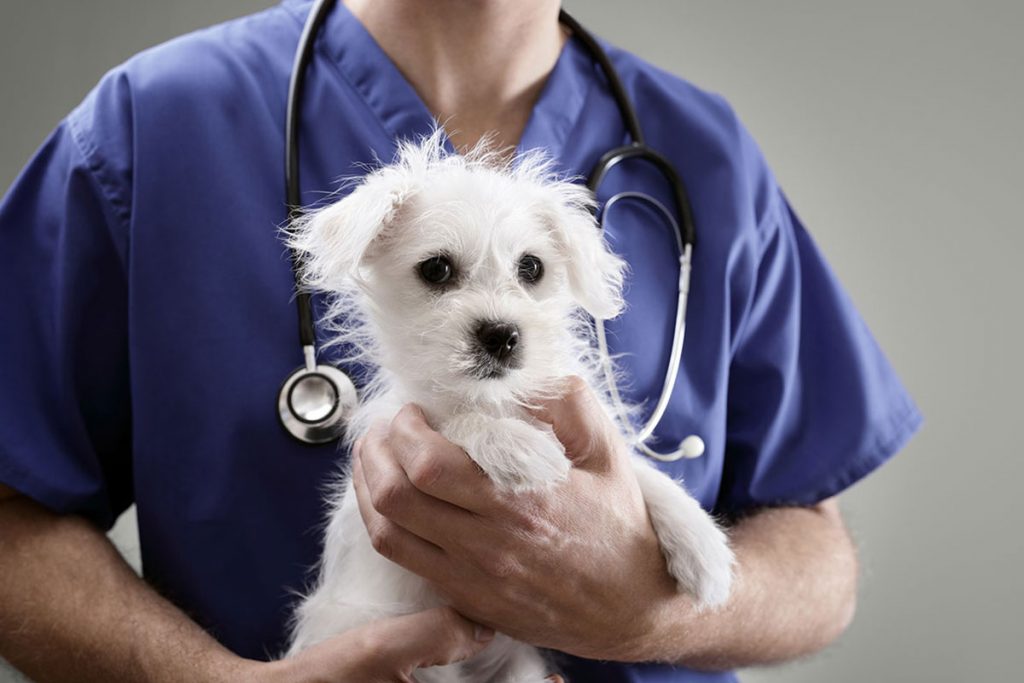What are coronaviruses?
Coronaviruses are a group of viruses that can cause a range of symptoms, including a runny nose, cough, sore throat and fever. Some are mild, such as the common cold, while others are more likely to lead to pneumonia. They’re usually spread through direct contact with an infected person.
The coronavirus gets its name from the crown-like spikes on its surface (“corona” in Latin translates to “crown”). The genus coronavirus is composed of at least three groups that cause mild to severe enteric, respiratory, or systemic disease. Other well-known coronaviruses are SARS and MERS.
Are there coronaviruses that affect animals?
Coronaviruses are common in several species of domestic and wild animals, including cattle, horses, dogs, cats, ferrets, camels, bats, and others.
Did this coronavirus spread from animals to humans?
Although not common, coronaviruses can be transmitted from animals to humans. Bats can be reservoir hosts for viruses which can cross species barriers to infect humans and other domestic and wild mammals.
In the last two major coronavirus outbreaks that were transmitted to humans, transmission occurred through intermediate hosts: the masked palm civet (SARS) and dromedary camels (MERS).
Health officials are working to identify the animal source of the 2019 Novel Coronavirus (2019-nCOV), now known officially as COVID-19 or Corona Virus Disease. Investigations are ongoing. The first infections were linked to a live animal market in China, but the virus is now spreading from person to person.
Can my pet contract the COVID-19 coronavirus?
A very small number of animals have been reported to be infected with the virus (SARS-CoV-2) that causes COVID-19 after close contact with people who had COVID-19. It’s important to remember that viruses can sometimes infect a species but not cause illness in that species, nor become transmissible to others. If you want to be very cautious, don’t let other people outside of your household handle your pets at this time—the exception being if your pet needs veterinary care. Since we have all been asked to stay 6 feet away from other people when out of our homes, this is achievable. Social distancing applies to the whole household, not just the human members!
Can my pet infect me with COVID-19?
“At this time, there is no evidence that companion animals, such as dogs and cats, can spread COVID-19 or that they might be a source of infection in the United States.”
Transmission primarily occurs person-to-person when there is contact with an infected person’s bodily secretions, such as saliva or mucus droplets in a cough or sneeze, or in aerosolized form. Transmission via touching a contaminated surface or object (also called a fomite) and then touching the mouth, nose, or eyes is also possible, but is thought to be a lesser route. Smooth (non-porous) surfaces (countertops, door knobs) transmit viruses better than porous materials (paper money, pet fur) because porous and fibrous materials absorb and trap the virus, making it harder to contract through simple touch.
If you want to be very cautious, don’t let other people outside of your household handle your pets at this time—the exception being if your pet needs veterinary care. Since we have all been asked to stay 6 feet away from other people when out of our homes, this is achievable. Social distancing applies to the whole household, not just the human members!
As a matter of everyday health, it is always a good idea to wash your hands with soap and water after contact with pets to help avoid transmission of more common illness-causing agents, such as E. coli and Salmonella.
What should I do if my pet needs veterinary care?
If your pet needs veterinary care, please call your veterinarian or emergency clinic to find out how they are handling patient care at this time. Many are offering drive-up services or telemedicine options in order to limit physical contact between humans.
To protect your pet from respiratory diseases, vaccinate your pet for Bordetella, parainfluenza and canine influenza, which are the most common vaccine-preventable respiratory diseases in pets.
Your veterinarian can help you determine which vaccines your pet should have, based on its risk factors.
Is there a vaccination against the COVID-19 coronavirus that my pet can receive?
Currently, there are no COVID-19 vaccines available for humans or animals. The World Health Organization estimates that a vaccine for humans could be available in 2021.
Should my pet wear a face mask when in public?
No. Masks made for pets may not be effective in preventing diseases transmitted by bodily fluid droplets. To protect your pet from respiratory diseases, vaccinate your pet for Bordetella, parainfluenza and canine influenza, which are the most common vaccine-preventable respiratory diseases in pets.
Can I take my pet’s ivermectin to prevent or treat my COVID-19 infection?
No. Do not use ivermectin, an ingredient found in some parasite prevention medications, intended for animals as treatment for COVID-19 in humans. While there are approved uses for ivermectin in people and animals, it is not approved for the prevention or treatment of COVID-19. You should not take any medicine to treat or prevent COVID-19 unless it has been prescribed to you by your health care provider and acquired from a legitimate source. A recently released research article described the effect of ivermectin on SARS-CoV-2 in a laboratory setting. These types of laboratory studies are commonly used at an early stage of drug development. Additional testing is needed to determine whether ivermectin might be appropriate to prevent or treat coronavirus or COVID-19. Read more from the FDA.
What is the best way to protect myself and my family (human and pet) from the COVID-19 coronavirus?
Practical measures to protect yourself and your family from this or any other contagious respiratory illness include:
- Wear a mask when in public spaces (following local ordinances) and follow social distancing requirements.
- Follow all public health or government requirements to avoid gatherings of multiple people. Follow stay at home/shelter in place orders.
- Wash your hands often with soap and water for at least 20 seconds. If soap and water are not readily available, use an alcohol-based hand sanitizer with 60%-95% alcohol. Watch a video about the WHO’s recommended handwashing technique.
- Avoid touching your eyes, nose and mouth with unwashed hands.
- Avoid contact with sick people and stay home if you’re sick.
- Cover your mouth and nose with a tissue or sleeve when coughing or sneezing.
- Stay home if you have symptoms of acute respiratory illness until you are free of fever (<100.4° F using an oral thermometer), signs of a fever, and any other symptoms for at least 24 hours, without the use of fever-reducing or other symptom-altering medicines (such as cough suppressants), or until a physician or public health official clears you.
- If you become ill with the COVID-19 coronavirus, please wear a well-fitted mask to help prevent the spread of the virus and limit contacts with other humans and your pets as recommended by your physician.
- If your pet needs veterinary care, please call your veterinarian or emergency clinic to find out how they are handling patient care at this time.
- Pre-arrange for someone to care for your pet if you become sick or require hospitalization. Stock at least 2 weeks of food and medicine for your pet.
- If you know older/elderly people, or others who cannot go out due to health issues, we encourage you to check in with them to make sure they have necessary food, medications and supplies, including for their pets.
Source:https: //www.oregonvma.org/



